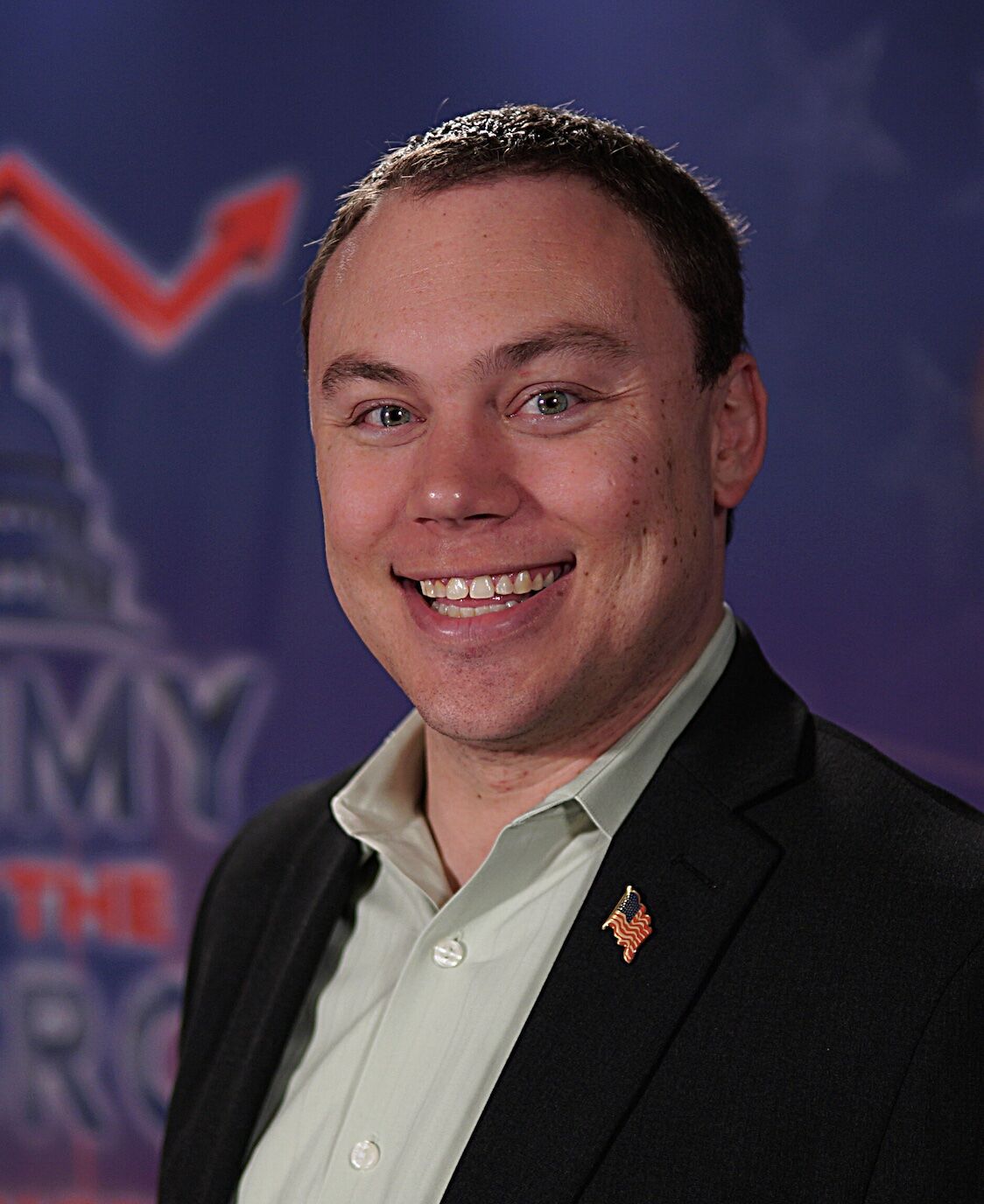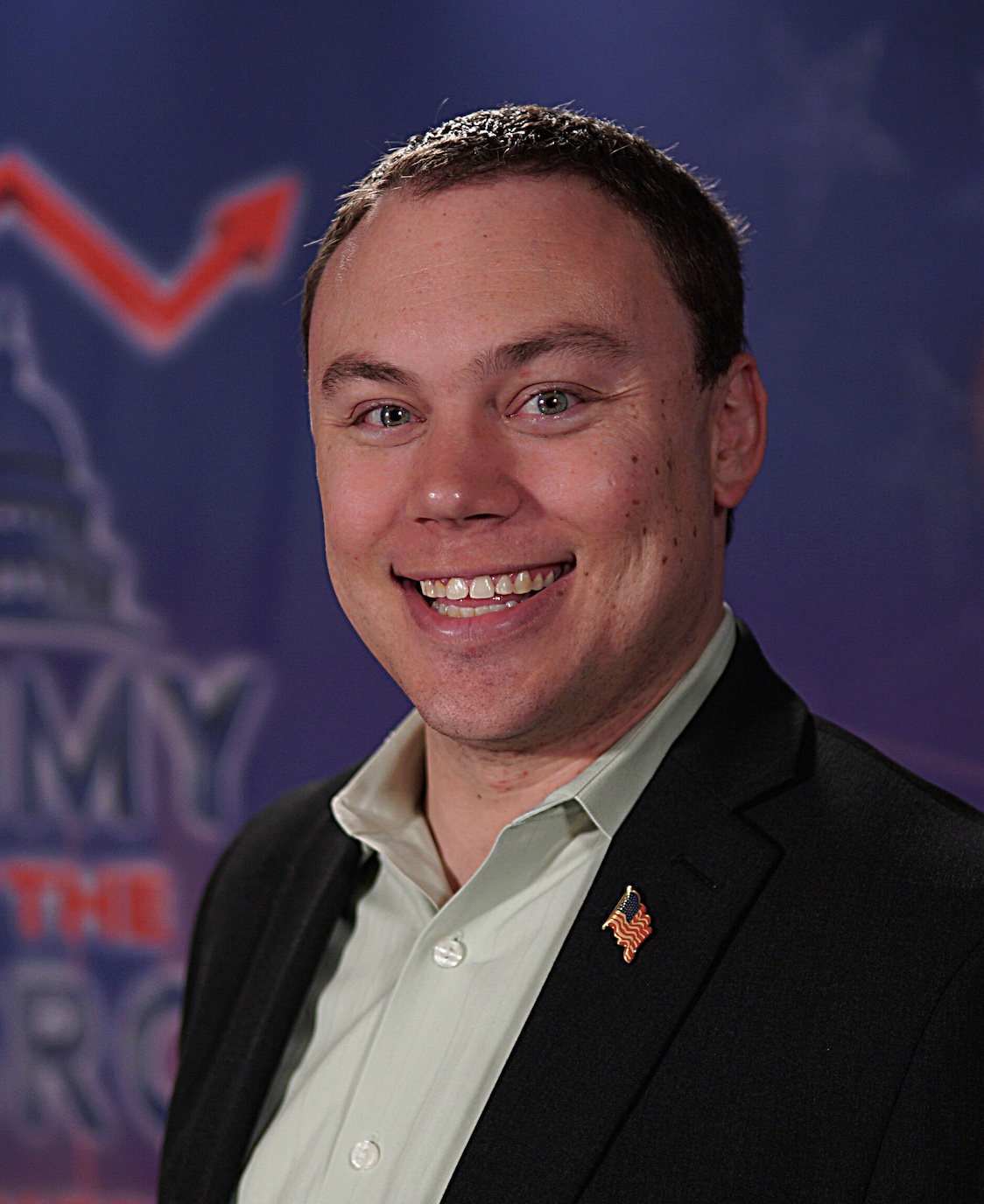SENGENBERGER | Dr. King and today’s ‘voting rights’ debate


On Monday, I joined thousands of Coloradans at Denver’s Marade. The annual downtown march commemorates the life, legacy and lessons of the American hero, Rev. Dr. Martin Luther King, Jr.
The festivities offered an inspirational reminder of Dr. King, who was assassinated for advancing racial justice, equal treatment under the law and the principle of judging others “not by the color of their skin but by the content of their character.”
As I wrote in 2020, Dr. King “showed us the way of nonviolence, and his leadership helped bring about remarkable progress.” MLK Day reinforces how far we have come as a nation – and yes, how much more there is to do.
As I reflected on Dr. King, I recalled an incredible opportunity to sit down with Carlotta Walls LaNier in-studio for my Regis University radio show in February 2011. LaNier is the youngest of the Little Rock Nine, the first nine Black students to be integrated in Arkansas public schools following Brown v. Board of Education in 1954.
She joined me to discuss her 2009 memoir, A Mighty Long Way. As a 20-year-old college student who’d first learned about the Little Rock Nine in fifth grade, I was astonished and inspired. (You can listen to our 2011 radio hour here.)
In 1957 (when LaNier was 15), the Nine were escorted by 1,200 Army troops so they could attend Little Rock Central High School. Republican President Eisenhower had dispatched the 101xt Airborne to overcome the obstinate Democratic Arkansas Gov. Orval Faubus, who illegally used the National Guard to block the Black students from campus.
Like Dr. King, LaNier’s house was bombed the night of Feb. 9, 1960. The reason? She was a trailblazing teenager getting an integrated education as a Black girl in the segregated South.
LaNier grew up in the dark days of Jim Crow. She was forced to ride in the back of the bus and use “colored” water fountains. Blacks couldn’t use the public library or swimming pools; they had to sit in the balcony of the theater and could only visit certain days of the week at the zoo.
She reflected on some lessons from MLK, whom she met “before he became THE Dr. King.” As horrible as things got, LaNier told me, “He taught us to love our enemies… He had a big impact on all people. Not just Black people – all people. He had a good message.”
My 11-year-old interview underscores why I marched in the Marade with the Colorado Republican Party: MLK’s vision transcends politics. It’s important that the Republicans show up and show support.
Republican attendance at MLK Day festivities was not welcomed by all, though. In his shockingly divisive speech at the Aurora MLK event, political activist and Denver Public Schools board member Tay Anderson, who is Black, decried how Republicans had “the nerve to show up on MLK Day and say, ‘I have a Dream.'”
At least two Black Republicans, including vice chairwoman Priscilla Rahn, were in the audience.
Republicans acclaim MLK’s message, Anderson bellowed, “but then will block everything that he stood for 364 days out of the year. When it comes time for us to actually talk about Black people having the right to vote, it is… Republicans (in Congress) blocking the right of Black Americans to vote.”
Anderson, wearing a hoody emblazoned with “DEAR POLICE: I AM A WHITE WOMAN,” was targeting Republican opposition to federal legislation Democrats claim are “voting rights bills.”
Congressman Jason Crow expressed similar sentiments. He accused congressional opponents of trying to “unravel all the work” of Dr. King. Politicians will praise MLK, Crow added, but then “many of them will go off and do the opposite. Do not allow them to do that.”
The partisan utterances by Anderson and Crow – who marched together arm-in-arm at the Marade – are now codified in a Democratic resolution that swiftly passed the State House Tuesday along party lines.
HR22-1004 is an obtuse attempt to divide legislators and further politicize Colorado’s elections. The resolution exploits the legacies of MLK and the federal Voting Rights Act of 1965 to manufacture a sort-of existential crisis.
It asked the House to “reassert the validity of the 2020 presidential election results,” “offer Colorado’s premiere electoral system as a model for (other) states,” and insist Congress “pass comprehensive voting rights legislation to protect the fundamental right to vote.”
Clever: A vote against HR1004 lets Democrats campaign that Republicans reject the 2020 election results, deny Colorado’s status as a leader in election integrity and oppose voting rights.
The 2020 election was legitimate and Colorado is indeed a national leader for elections. However, the reason Republicans oppose the federal John Lewis Voting Rights Advancement and Freedom to Vote Acts has nothing to do with “voting rights.”
Contrary to Democrats’ claims, Republicans have supported the Voting Rights Act since 1965. Moreover, the new bills don’t simply restore the Voting Rights Act (which is codified in Colorado’s redistricting laws). Rather, they constitute a disastrous attempt to federalize elections.
I’ve explained before how federalizing elections would undercut the very things that make Colorado’s electoral system a “model.” That’s an excellent reason to oppose sweeping federal control.
Truthfully, we should talk about how best to ensure voting rights and election integrity. But it’s time to drop the hateful rhetoric and flagrant misinformation. Let’s start by heeding the words of Dr. King: “Darkness cannot drive out darkness; only light can do that. Hate cannot drive out hate; only love can do that.”
Jimmy Sengenberger is host of “The Jimmy Sengenberger Show” Saturdays from 6-9am on News/Talk 710 KNUS. He also hosts “Jimmy at the Crossroads,” a webshow and podcast in partnership with The Washington Examiner.










